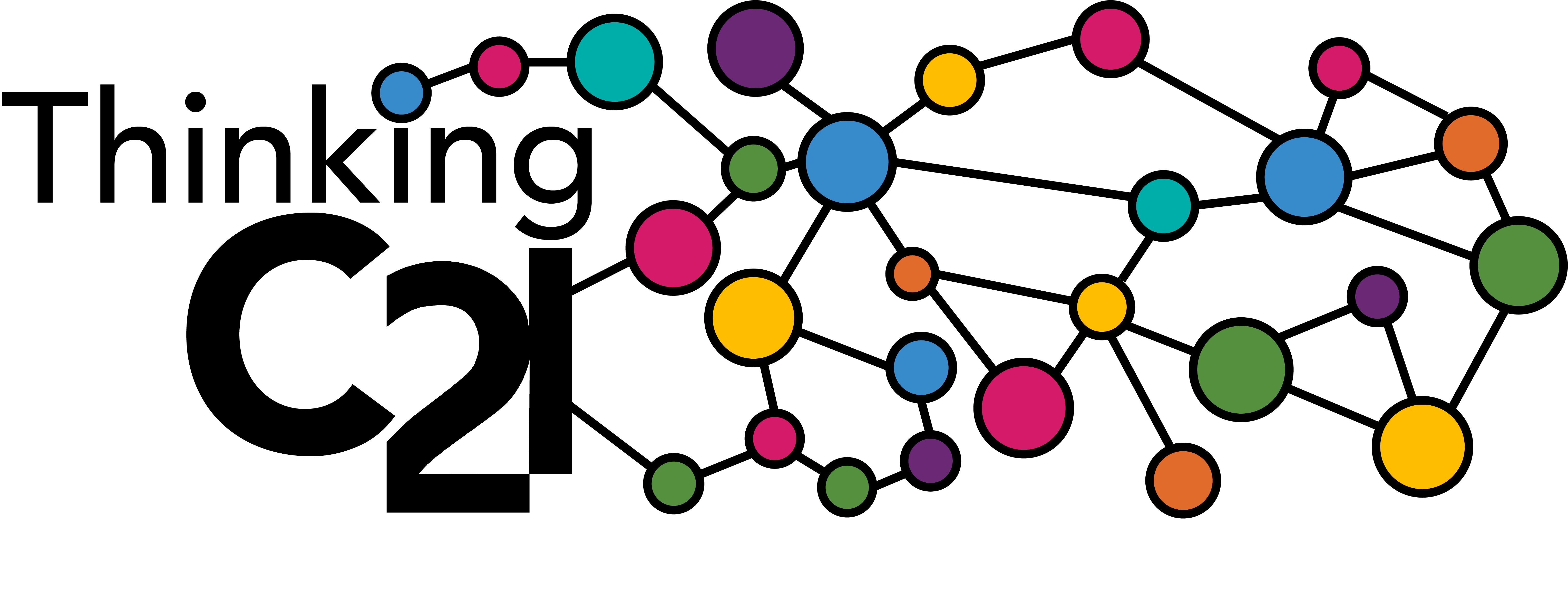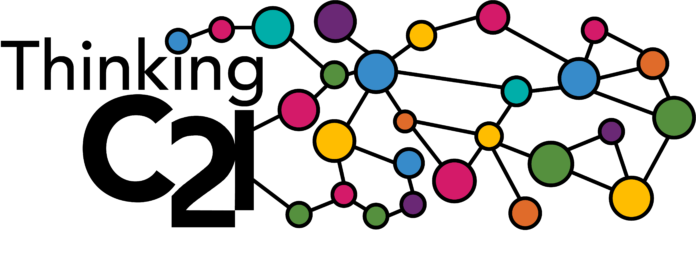By Molly McCourt
While the discussion on Haiti: une traversee literature, centered around Louis-Philippe

Dalembert and Lyonel Trouillot’s recently published anthology of Haitian literature, my eyes kept returning to the projected title of the presentation. “Fault Lines.” I suspect that this is in part because even simultaneous translation has a time lag, and while waiting for the English translations, my eyes returned to the words of the title. However, I couldn’t help but take note of the number of times the Haiti earthquakes was mentioned and connect it to the presentation’s title. While I believe the title was to be taken much more figuratively—anyone in the audience could see the fissures in the opinions and responses to the anthology—I couldn’t get away from a more literal interpretation—the image of the earthquake. Three separate people emphasized that the idea for Dalembert and Trouillot’s project had been conceived long before the devastation of Haiti’s earthquake struck. Provost Johannes Briggs brought this up in his introductory remarks in order to stress that this book is meant to be a celebration of rich Haitian culture. Professor Sarah Davis Cordova reiterated this point as she expressed her joy to have so many wonderful international visitors present to discuss the anthology. Finally, Dalembert reminded the audience that it did not take an earthquake to call for this collection that charts Haiti’s literary history from pre-independence to liberation to modern day writings.
After noting these persistent disclaimers, I began wondering if “fault lines” worked as a redemptive or reclaiming title. In taking up the metaphor of fault lines only to dissociate it from the Earthquake, the presentation seem to announce: “You may think this book was born out of national tragedy, but you are wrong. Instead, it was inspired by the multifaceted literature of Haiti.” Trouillot expressed the book’s mission as one of deconstruction. Although some people may have an idea of what this anthology might include, the authors stressed that this conception is a mistakenly monolithic one. Perhaps this explains the authors’ efforts in the presentation to distance their work from with the earthquake as well. To believe that this former French colony could only produce such an anthology from the rubble of a natural disaster would mean that it would be formed from a single element—tragedy. Instead, this book both explains and explores Haitian literature in both French and Creole languages and celebrates the many-voiced creativity of the nation.
[Molly McCourt is a first year PhD student in the Media, Cinema, and Digital Studies track in the English department at UW-Milwaukee. Her research interests include intertextuality, Bakhtinian carnival, and constructions of gender and sexuality in 20th and 21st century film, television, literature, and pop culture. She is participating in English 820 this spring (a course where you get credit for attending C21 events, among other things) and continues to enjoy it immensely]



